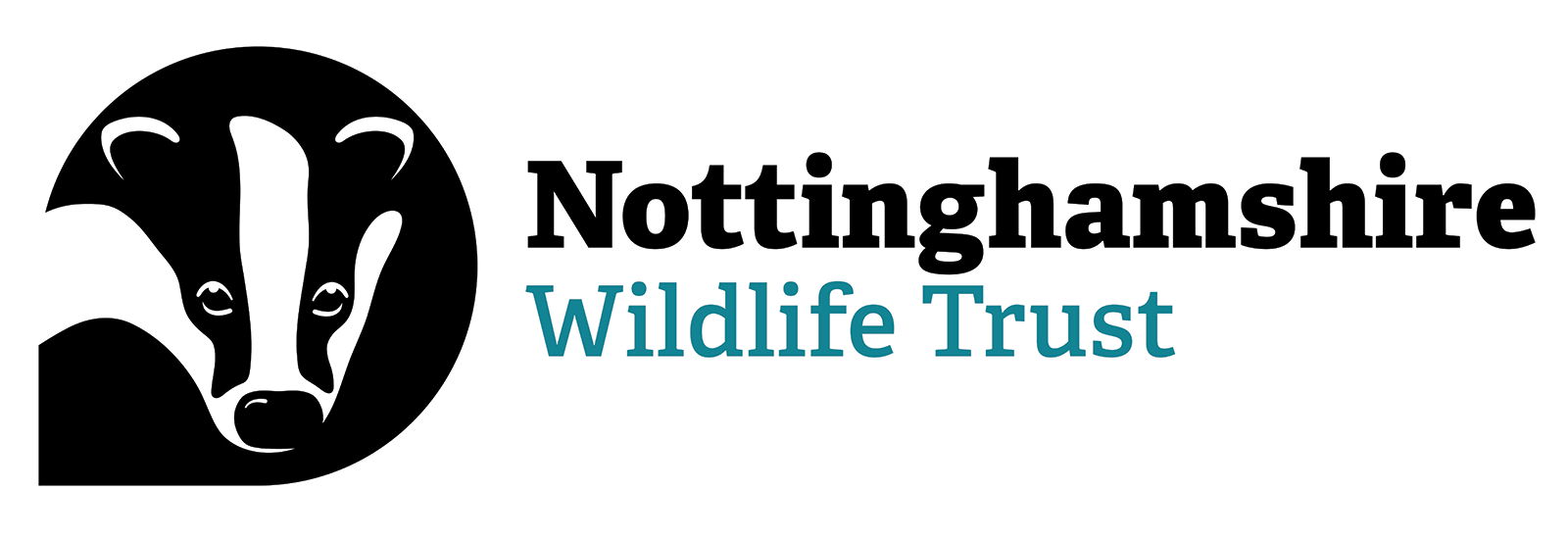Analysis of a survey undertaken by Nottinghamshire Wildlife Trust to understand people’s fears and aspirations for environment after lockdown shows the greatest concern is the risk posed to wildlife and wildlife habitats from increased pressure from new development.
78% of respondents stated that their greatest concern for nature in Nottinghamshire came from construction work such as roads and housing. The survey also showed that 69% believed that high quality greenspace and wildlife habitats should be incorporated into new housing developments.
Nottinghamshire Wildlife Trust, the county’s largest locally based environmental charity, believes that these findings illustrate just how badly the Government’s proposed new planning reforms will fail both wildlife and people.
The Trust believes that as they currently stand, the reforms proposed in the Government’s White Paper, Planning for the Future, will increase the threat to nature in England and do little to create better homes and communities for wildlife and people.
Speaking about their concerns Head of Nature Recovery (North) Janice Bradley said:
